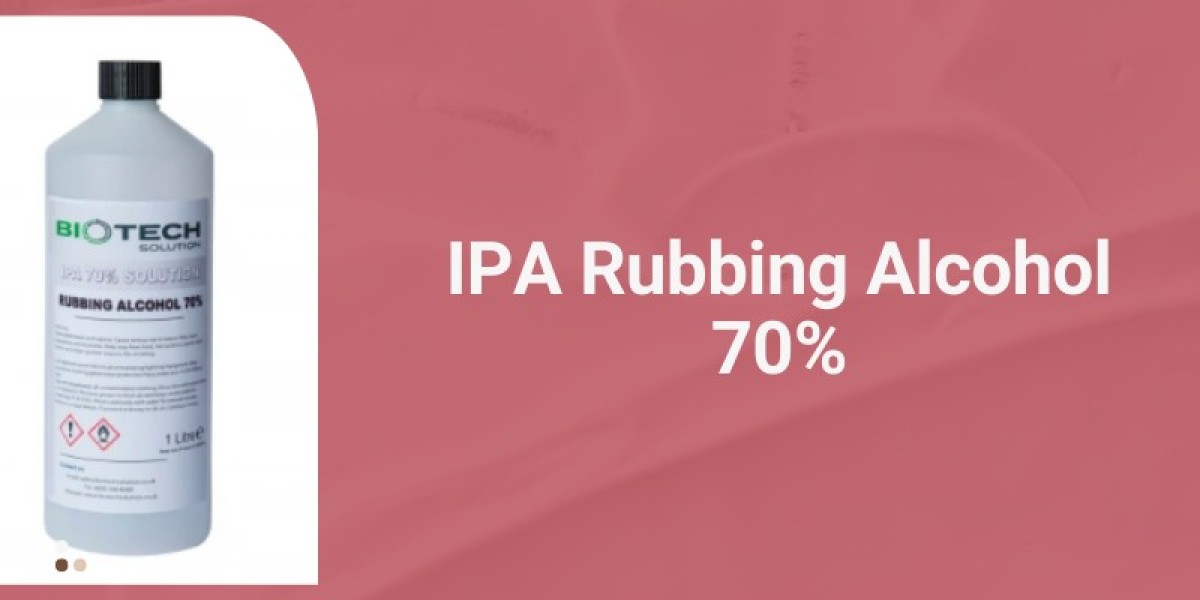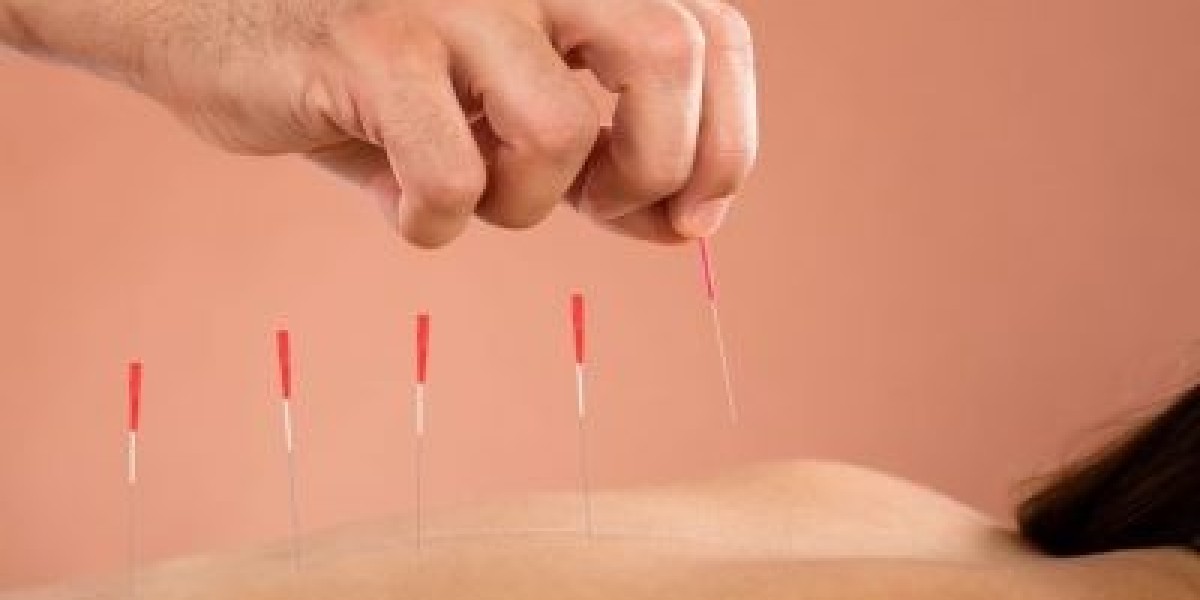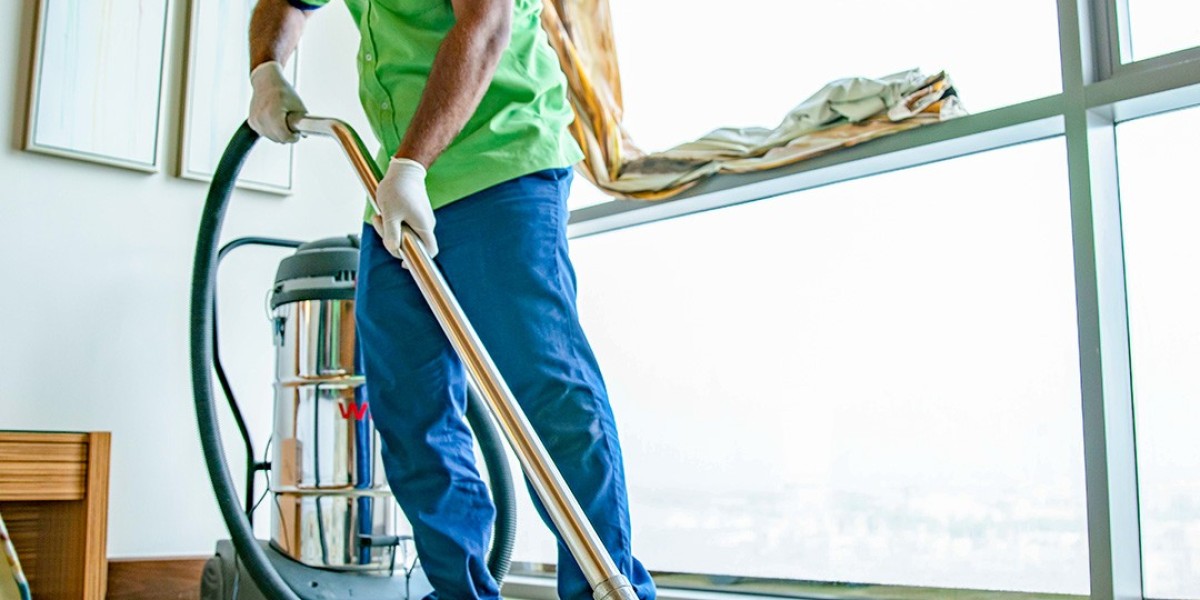Rubbing alcohol is an essential household item with many practical applications. This versatile solution has become a staple for countless tasks, from cleaning surfaces to providing first aid. Whether you need a quick disinfectant or a powerful stain remover, rubbing alcohol is an unsung hero in homes and workplaces.
This article will explore everything you need about rubbing alcohol, its uses, safety tips, and why it deserves a spot in your cleaning and medical toolkit.
What is Rubbing Alcohol?
Rubbing alcohol is a solution containing isopropyl alcohol or ethanol mixed with water. Typically, it comes in 70% or 90% concentrations, depending on its intended use. It's highly effective at killing bacteria, fungi, and viruses, making it a go-to disinfectant for medical and household purposes.
Top Benefits of Rubbing Alcohol
- Powerful Disinfectant: Rubbing alcohol is widely used to sanitize surfaces, tools, and skin due to its antimicrobial properties.
- Affordable and Accessible: It's inexpensive and available in most pharmacies or supermarkets.
- Multi-Purpose: From cleaning electronics to removing odors, it has a variety of applications.
"The practicality of rubbing alcohol lies in its effectiveness and affordability," says Dr. Jenna Morales, a public health expert.
The Best Ways to Use Rubbing Alcohol
Cleaning and Disinfecting Surfaces
Rubbing alcohol is an excellent surface cleaner, especially in areas prone to bacteria, like kitchens and bathrooms.
- Use it to clean countertops, sinks, and handles.
- Mix with water in a spray bottle for quick surface sanitization.
First Aid and Medical Applications
One of the most common uses of rubbing alcohol is for treating minor cuts and scrapes. Its antiseptic properties help prevent infections.
- Clean wounds gently by dabbing with a cotton ball soaked in alcohol.
- Sterilize medical instruments or tweezers before use.
Stain Removal
Stubborn stains on clothing or upholstery can often be tackled with rubbing alcohol.
- Apply it directly to the stain and blot with a clean cloth.
- Works well on ink, grease, and permanent marker stains.
Cleaning Electronics
Dust and grime on electronic devices can be safely removed with rubbing alcohol.
- Use a microfiber cloth slightly dampened with alcohol to clean screens and keyboards.
- It evaporates quickly, leaving no residue behind.
How Safe is Rubbing Alcohol?
While rubbing alcohol is highly effective, proper precautions must be taken:
- Avoid inhalation: Prolonged exposure can irritate the respiratory system.
- Please keep away from flames: It is highly flammable.
- Store properly: Ensure it is out of reach of children and stored in a cool, dry place.
Comparing Rubbing Alcohol Concentrations
| Concentration | Uses | Effectiveness |
|---|---|---|
| 70% | Skin disinfectant, cleaning surfaces | Effective against bacteria and fungi |
| 90% | Cleaning electronics, removing sticky residue | More effective for quick evaporation |
Choosing the right concentration depends on the task at hand. For everyday use, 70% is generally sufficient.
Rubbing Alcohol vs. Hydrogen Peroxide
When it comes to disinfecting, many people wonder how rubbing alcohol compares to hydrogen peroxide.
| Property | Rubbing Alcohol | Hydrogen Peroxide |
|---|---|---|
| Evaporation Speed | Fast | Slower |
| Skin Irritation | Can cause dryness | Less likely to irritate |
| Surface Disinfection | Excellent | Good |
For quick cleaning and sanitizing, rubbing alcohol is often preferred.
Creative Uses of Rubbing Alcohol
- DIY Hand Sanitizer: Mix rubbing alcohol with aloe vera gel for an effective homemade sanitizer.
- Odor Elimination: Spray alcohol on fabrics to neutralize unpleasant smells.
- Defrosting Car Windows: Keep a spray bottle of alcohol in your car to quickly melt ice during winter.
Industry Insights on Rubbing Alcohol
According to market data, the global isopropyl alcohol market is expected to grow at a compound annual growth rate (CAGR) of 6.8% from 2023 to 2030, driven by increased disinfectant demand. The COVID-19 pandemic highlighted its importance, leading to a surge in production and innovation.
How to Store Rubbing Alcohol Safely
Proper storage is key to ensuring the longevity and safety of rubbing alcohol:
- Keep the bottle tightly sealed.
- Store in a cool, dark place away from heat and sunlight.
- Always label containers to prevent accidental ingestion.
FAQs
What is the difference between isopropyl alcohol and rubbing alcohol?
Isopropyl alcohol is the primary ingredient in most rubbing alcohols, but rubbing alcohol is often diluted with water and may contain other additives.
Can rubbing alcohol be used on the skin?
Yes, but it should be used sparingly as it can dry out or irritate the skin with excessive use.
Is rubbing alcohol safe for cleaning electronics?
Yes, it's ideal for cleaning electronics because it evaporates quickly and doesn't leave residue.
Can rubbing alcohol kill viruses?
Yes, solutions with 70% alcohol content effectively kill many viruses, including the flu virus.
What are alternatives to rubbing alcohol for cleaning?
White vinegar and hydrogen peroxide are effective alternatives for cleaning surfaces.
Is rubbing alcohol flammable?
Yes, it is highly flammable and should be kept from open flames.
Conclusion
Rubbing alcohol is a versatile and indispensable product that offers countless benefits for everyday life. Whether you're cleaning, disinfecting, or tackling tough stains, this affordable and effective solution proves its worth repeatedly. By using it safely and correctly, you can make the most of its potential while keeping your home and environment clean.







